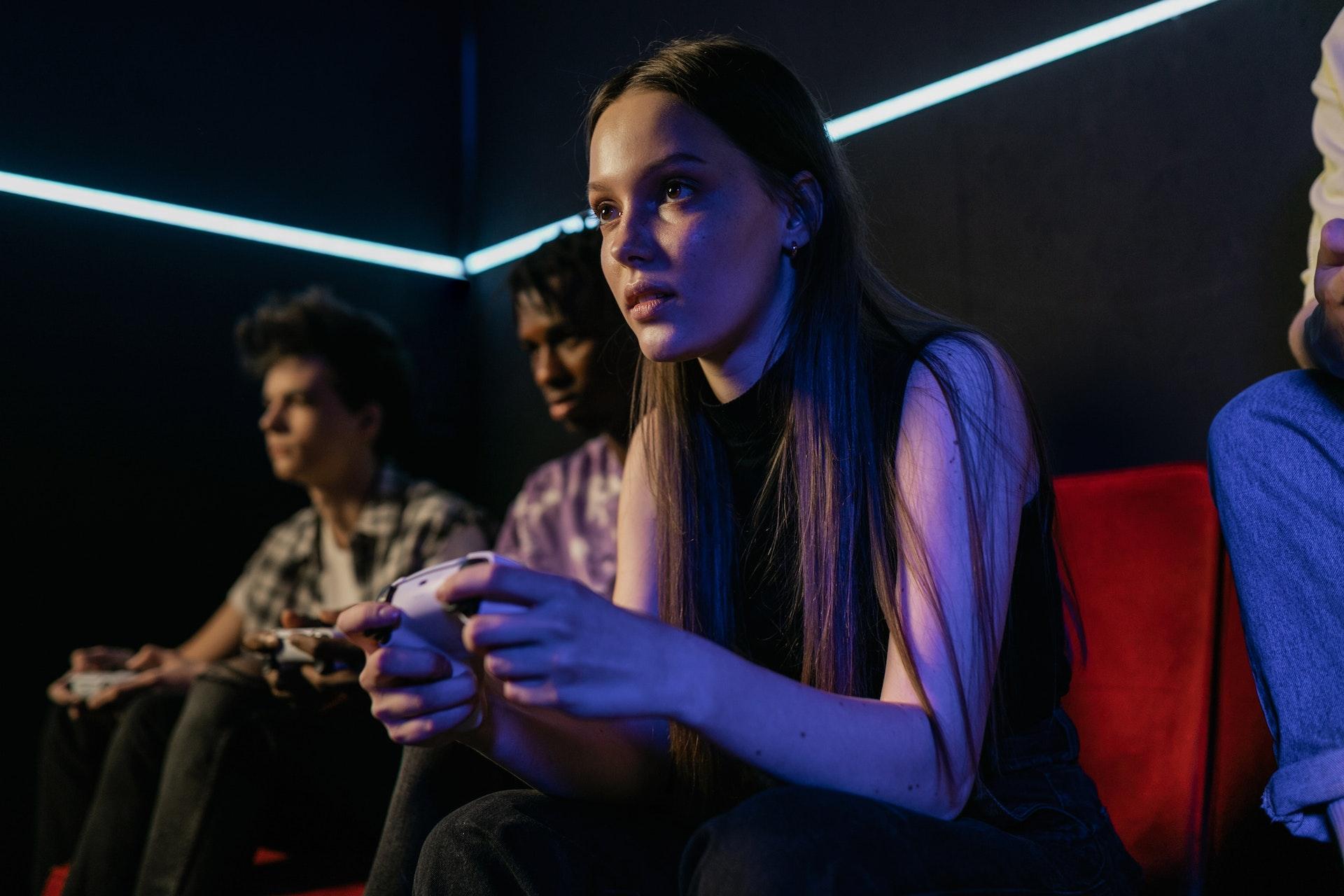Life is meant to be enjoyed! Pursuing activities that we find fun, both individually and with others, benefits our mental health. Is fun something to strive for in of itself, or is it an important part of a self-care routine to maximise our effectiveness in other aspects of life? How does gaming contribute to your answer?
Gaming can be a valuable part of self-care routines, a great source of fun, and an engaging way to connect with friends and communities. Games are a means to maximise fun in life and help get us through times that challenge us mentally. Sometimes it seems like non-gamers don’t always understand the benefits of games. They portray time spent playing games in a different light to other activities. They might view spending an afternoon reading a fiction book as a good, productive activity. The same afternoon spent gaming might rather unhelpfully be described as wasting the day for some reason. Yet both afternoons bring pleasure and enjoyment. And gaming can also help improve co-ordination, speed of thought, and decision making! Gaming and mental health can go hand in hand with the benefits the hobby brings.
When good gaming goes bad
There can however be a darker side of gaming. Modern games have become more and more focused on increasing profits through micro-transactions. Many games are designed using increasing numbers of tricks to keep us playing for longer and longer. Constant rewards for the next achievement, calculated to provide just the right steady sense of accomplishment to keep us playing. Features such as daily login bonuses, seasonal rewards, and limiting rewarding content behind time locks create fear of missing out. If left unchecked, these tricks can begin to dictate when and for how long we play.
Add in community goals such as weekly guild tasks, and suddenly there is a sense of obligation to our community to complete activities in-game. All these factors can potentially lead to a stressful sense of obligation. Instead of fun, gaming can impact diet and sleep. It can get in the way of other aspects of our life and self-care routines. Some studies link out of control gaming and mental health issues, including depression anxiety.
Over-Powered Counselling for Gamers
As a gamer, John has a lot of personal experience with both the brilliant and the not-so-good sides of gaming. He can support you to find where your individual balance is between enjoying the many benefits gaming can provide and creating effective boundaries and awareness to minimise unhelpful effects should they arise. He encourages gaming as a fun, productive hobby.
Whether you need a counsellor to support you to get your balance right, or just need a counsellor that gets it when it comes to gaming, Contact us today for counselling that’s OP!

